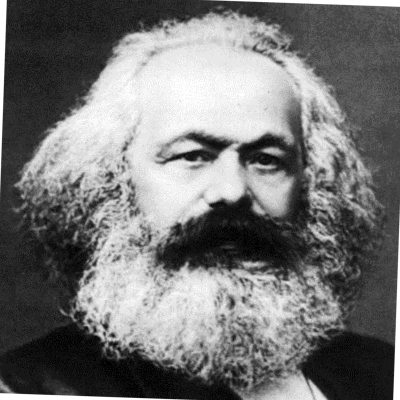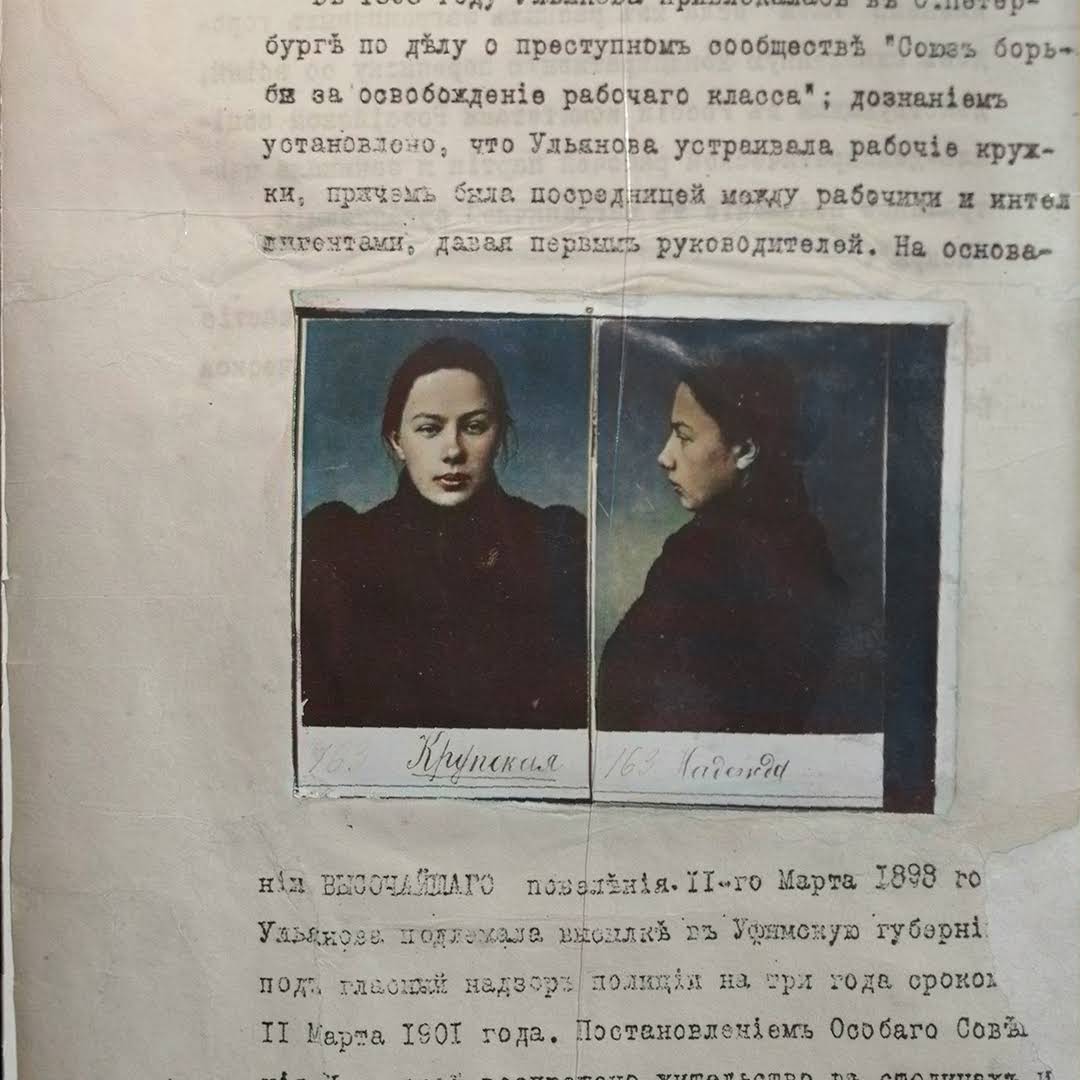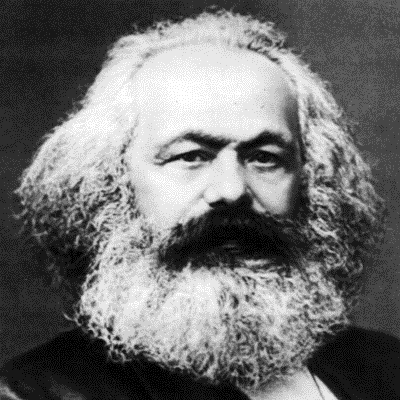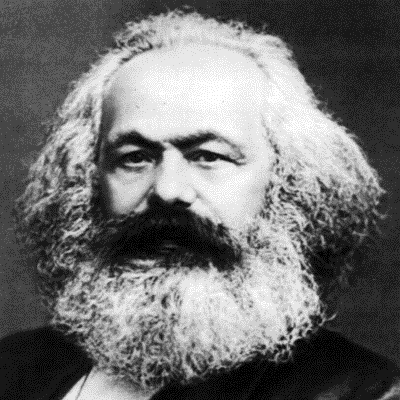I've been using Citation Hunt recently and (searching for communist-related pages) came across this claim in the Soviet Union section of the page "Abortion under communism":
In 1920, Soviet Russia became the first modern country to legalize abortion.[18] In 1933, during the Stalin era, views changed. In the Congress of Kiev in 1932, abortion was criticized for decreasing the country's birth rate. Abortion was finally banned in 1933[citation needed]. The number of officially recorded abortions dropped sharply from 1.9 million in 1935 to 570,000 in 1937, but began to climb just two years later, reaching 755,000 in 1939.[19] On November 23, 1955, the Presidium of the Supreme Soviet, under Nikita Khrushchev, liberalized abortion restrictions.[20]
I'm now down a rabbit hole for the bolded sentences. After some cursory searching, I found a reference to Kate Millett's Sexual Politics, which contains the following:
At the Congress of Kiev in 1932 abortion was decried for innumerable reasons, all of which came down to authoritarian state interest in forcing women to bear children, explained as population policy (the birth rate had boomed after the revolution and now a slight decline was interpreted as catastrophic). There was much cant about "preserving the race," "humanity dying out," "morality collapsing," and so forth. The other prevailing rationale was based on an equally authoritarian distaste over the fact women now enjoyed the control of their bodies; functionaries fussed that women were no longer ashamed of abortion and now "considered it their legal right."^40^ — Millett, Kate. 2016. Sexual Politics. p. 172. New York: Columbia University Press.
That footnote? ^40^ Quoted in Reich, The Sexual Revolution, op. cit., p. 206. The speaker is Stroganov. Finally, an answer!
...except Reich is quoting a Dr. Kirilov. And Kirilov is given no introduction or context by Reich; he only appears in the index for the pages his quote takes up:
. . . We regard the interruption of the first pregnancy as particularly dangerous in terms of the Woman's possible subsequent sterility. We therefore consider it our duty to prevent the mother from aborting and, at the same time, to ascertain why she wants an abortion. But we find in the answers scarcely anything about an inner struggle and search; in 70 percent of the cases the reason given is a '"love that failed." A brief comment such as ''He left me," "I left him," and toward the end some scornful remark about "him" or herself: "What kind of a man is he anyway?" In the women's answers we almost never find an indication of a germinating family as the initial unit of society.
Not free love as a protest against old bourgeois family marriage, not free love as an unconscious selection of eugenics, but a frivolous feeling culminating in the decision: to the hospital! Unbridled haste to surrender the grown young body, as a result of the transition to new, not yet crystallized forms that have arisen out of the sexual chaos! . . . I have to compare work in the field of abortion with the extermination of the first-born in ancient Egypt who had to die because of the sins of their fathers who devastated man and society. This kind of abortion must be suppressed as a socially negative, misshapen phenomenon of life. It must be replaced by a persistent effort to enlighten. A change in psychological mood, in the sense of recognizing motherhood as a social function, is absolutely mandatory. . . . Conclusions:
Criminal abortion is an evil practice based on the awareness that abortion is legal. . . .
Social abortion often wrongly protects the distorted caricature of sexual problems and new forms of life which have not yet crystallized It blocks the road to motherhood and often diminishes the woman's success in public life. Therefore it is alien to true communal living. Abortion seems to be a mass means of destroying a new generation. It does not have the inherent intention of serving mother and community and is therefore alien to the dear goals of protecting maternal health. . . . [Emphasis added.] — Reich, Wilhelm. 1974. pp.207–8. The Sexual Revolution: Toward a Self-Regulating Character Structure. Translated by Therese Pol. New York: Farrar, Straus and Giroux.
I feel like I'm losing it. Does anyone know who Stroganov is? Or Dr. Kirilov? Or any information on the Congress of Kiev in 1932? Everything keeps coming back to Wikipedia or the Millet quote.




